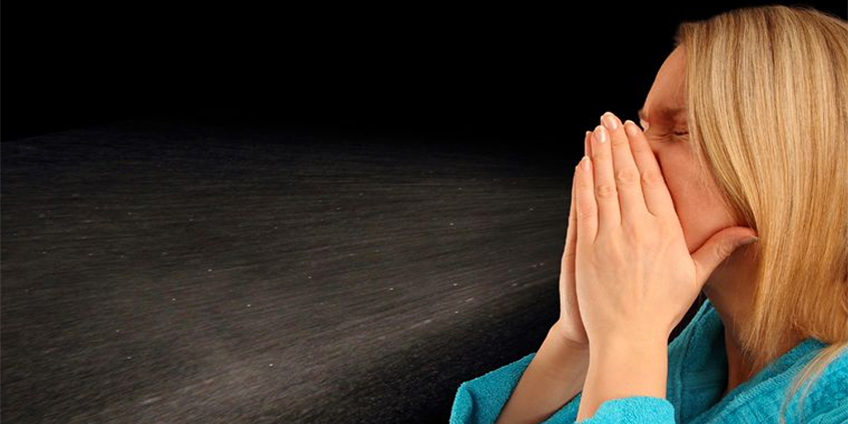What does gut health have to do with hay fever or seasonal allergies? Probably a good deal more than you might think.
Allergies and hay fever are an inappropriate defensive response to pollen and other substances.
According to Dr. Joseph Mercola, “Besides being associated with inflammatory bowel diseases like Crohn’s and ulcerative colitis, or celiac disease, leaky gut can also be a contributing factor to allergies.”
It’s true that pollens can be extremely irritating. When you look at them under a microscope, some look like medieval torture devices.
Your body wants to rid itself of irritants, so when you’re exposed, you may sneeze to blow it out. Or produce mucus to rinse your sinuses. Or even develop a tickle so that you grab a tissue to blow your nose.
This isn’t really an allergy… just your body taking care of housekeeping.
Much of the hayfever and asthma problem are caused by food allergies. It’s like the inflammation caused by an allergy to specific foods or food groups becomes contagious, and spreads to the respiratory system.
Food allergies also begin in the gut.
When your intestinal lining loses integrity or leaky gut syndrome, it allows incompletely digested food particles into your bloodstream. Your immune system doesn’t recognize these too-large particles as nutrients, so they’re considered to be invaders, and are attacked and disposed of.
It also creates antibodies to those particles. These are sort of like the FBI’s most wanted list, so the immune system can quickly identify and subdue these substances, should they ever decide to invade again.
From Dr. Mercola again: about a third of seasonal allergy sufferers have Oral Allergy Syndrome. Sometimes your immune system is fooled by similar looking proteins. So when a pollen molecule is structurally similar to a food molecule you’re already allergic to, Your immune system looks at the protein molecule and says, “Close enough!” and attacks it.
Most doctors who treat allergies holistically usually reduce the allergic threshold using an elimination diet. Because adverse reactions can be delayed sometimes, it’s recommended to stay on the special diet for at least 10 days to properly narrow the field.
The top ten common food allergens you may want to avoid:
- Eggs, fish, shellfish, nuts, and peanuts will usually have an immediate reaction.
- Milk, chocolate, wheat, citrus fruits, and artificial colorings often have a delayed reaction.
The American Academy of Allergy, Asthma & Immunology recommends using a Neti pot to irrigate your sinuses daily with saline solution. This safely flushes out pollen and other irritants.
Though it won’t cure your allergies, it can help with symptoms, taking some of the pressure off while you’re getting to the root of the problem.







0 Comments